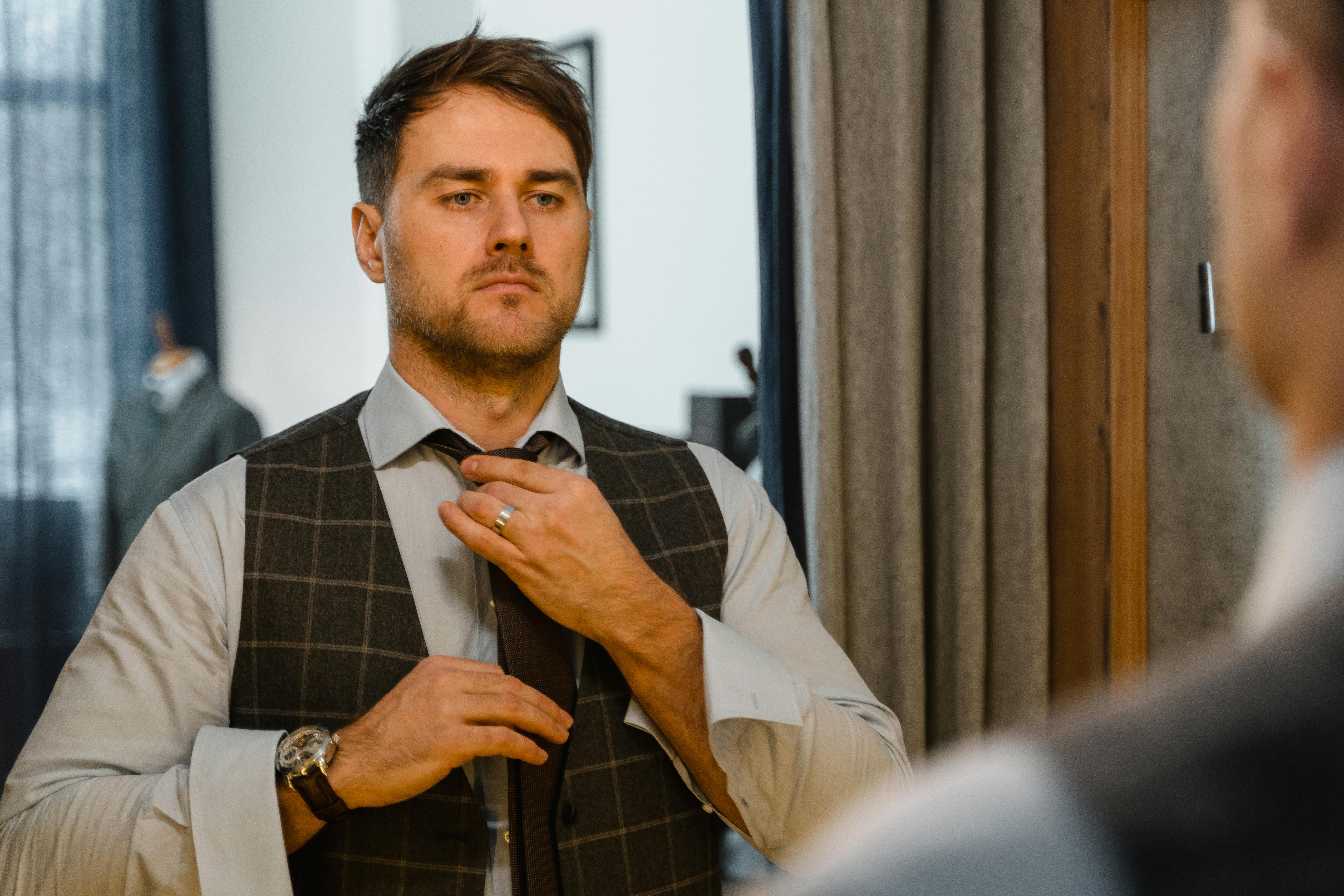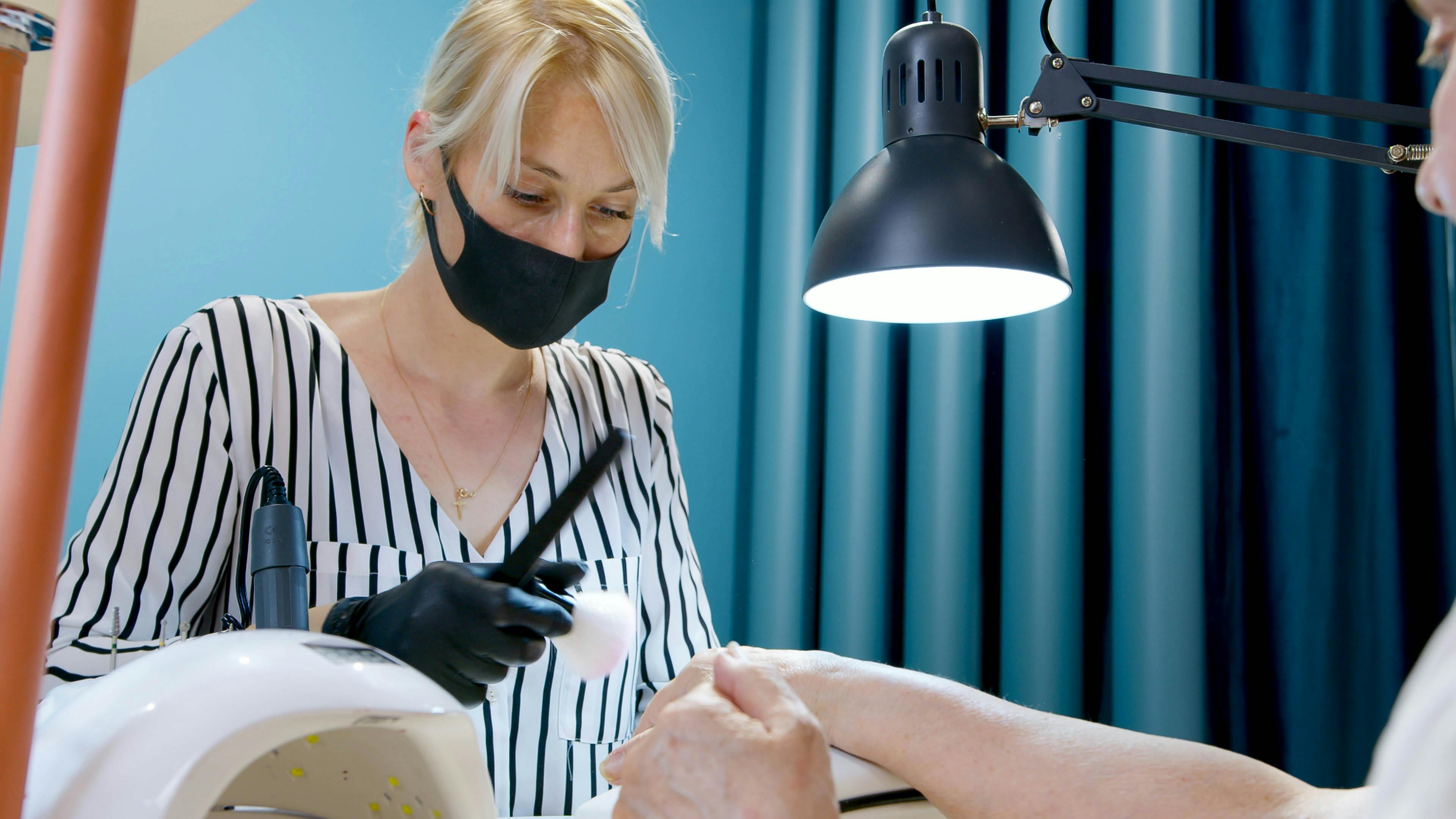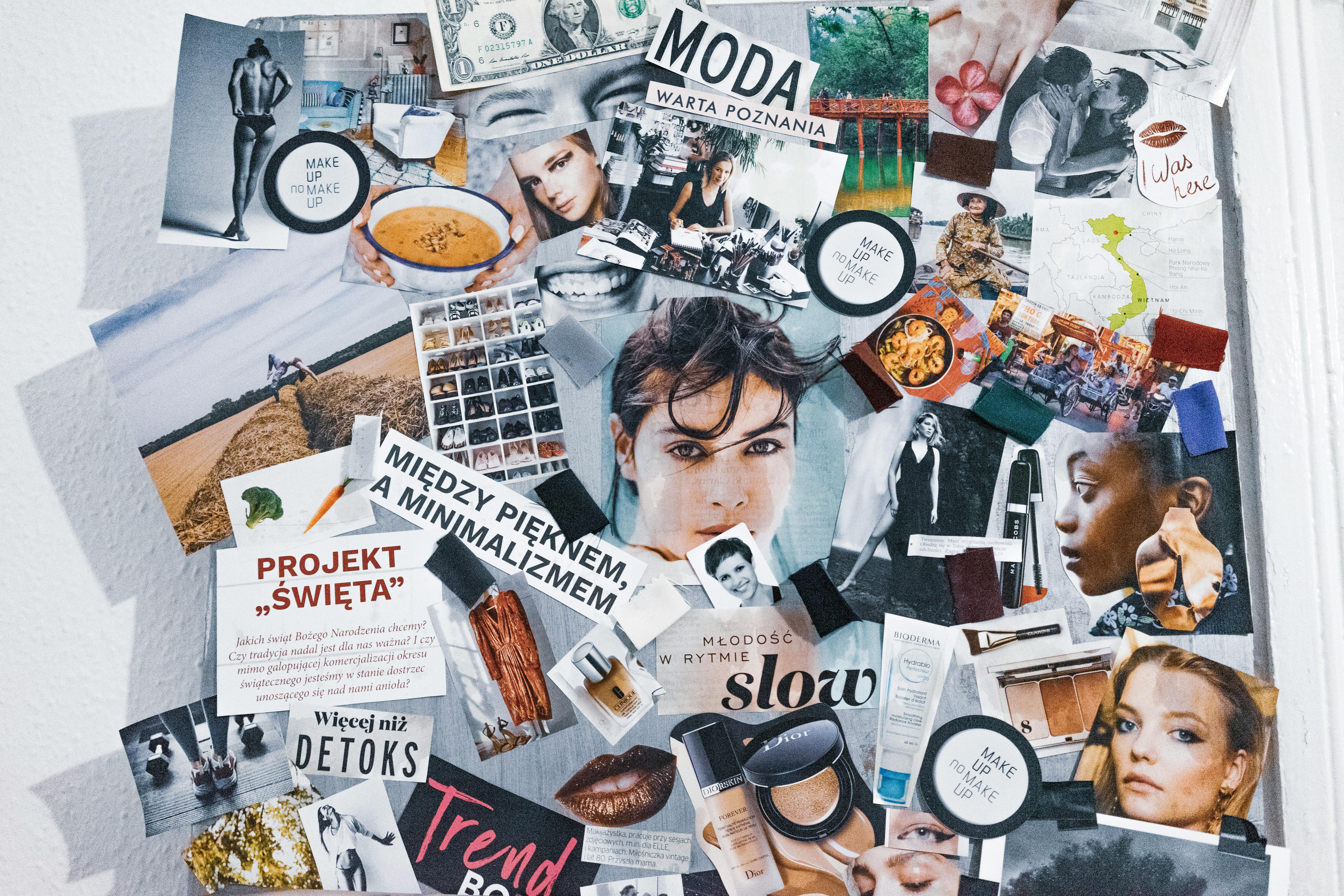“Roxanne, hello, um, I’m Ralph, your mother is dead”, this was the beginning of the phone conversation from Wyoming. Wyoming, the place where my mother was supposed to be happy for the first time in her life. A new home, a loving couple, a garden cultivated with love and care by my mother’s hands. This call came while I was taking a nap before final exams in the middle of the afternoon. I stumbled over my words: “Why are you telling me this? My mother is not dead. What are you saying? Why are you telling me these lies? My mother is not dead. Why would you two make a joke like this we me ?” Yes, those were my first words of reaction to the news that Ralph had just found my mother in his closet. She had found his gun while he was out shopping and shot herself in the face. Sorry readers, for the graphics. However, that is what happened. My forty-eight-year-old mother had just committed suicide. She was only twenty-nine at the time and for years she had dreaded this day. It’s been nine years since that fateful phone call, nine years of nightmares, fear, and the constant fear of it happening to me.
The story behind that last day of my mother’s life is riddled with pain, grief, loss, abandonment, and the loss of childhood. She was diagnosed with bipolar manic depressive when she was in her early thirties, although her siblings can attest to her strange behavior as a child. Her loneliness, her withdrawal from her relationships with her peers, her impulsive nature that led to the birth of her first child, me. I grew up in a home where the lights were never on. I basically called my mom the “Vampire Lady.” She was either asleep or too high to have any real mother-daughter conversations. Our relationship had been filled with volatility since we were sixteen or so. Her illness made us jump through hoops as kids, me and my little sister. I was my sister’s caretaker for a long time. Through the many moves, the many men, some abusers my mother tried to find comfort in. She never did.
His mental illness is the driving force behind my quest to help others with mental illness. I grew up with a mother who threatened to commit suicide every year. She was hospitalized at least five times during my teenage years. However, I can honestly say that she always reached out for help. I remember many times when she was looking for a new doctor who wanted to try another experimental antidepressant. My mother and her medicines were the subject of every day. Did mom take her meds? Did the Doctor call with the new script? After many stays in the mental hospital, my mother acquired a strange group of confidantes. There was Turret’s friend, the one with multiple personalities. Some nights our form of entertainment would be to play Monopoly with this mix of people. You’d never know what personality would come out of Paige, or if Mark would start cussing uncontrollably. Although this was probably not the ideal way to spend an evening for two young children, it was a form of humor for us. With my mom, you took the good times and cherished them so much, because you never knew if you’d get “that” call. The one where Mom tried to check again.
My mother’s mental illness has changed the course of my life, how could it not be possible? I’m not good at trusting people, or I trust too easily. I question my sanity all the time because at one point when she was sixteen, one of my mother’s doctors told me that she would probably inherit this beautiful disease, due to her genetic makeup. So I never know if I’m just crazy from the stress of the world, or if I’m manic-depressive and will commit suicide at some point in my life. I can say that I have survived my mother’s suicide, and that sometimes I have put it in perspective. However, there are those days when I can’t get out of bed and I don’t want the lights to come on. Candlelight is the most relaxing, thanks to Mom. My mother and I had a very volatile relationship, she sometimes believed that she hated me and wished she had never been born. I grew up blaming myself for her illness. I have her diary that I inherited after her death; she is full of ravings about her hate for me. As an adult, I’ve had to remind myself that it wasn’t her, that it was her disease. Sometimes for me that is difficult to reconcile. Now readers, I don’t want you to misunderstand me, my childhood did have its benefits, and people who tried to make a difference. My grandparents tried to bring some semblance of normalcy to my life and to my sister. I am now thirty-eight years old, married and have no children. My fears of this hereditary disease have prevented me from bringing children into this world. I will say that I have some peace about the last moments of my mother’s life, she finally seemed happy and at peace. I guess that should have been a big warning sign that something was wrong. I carry the guilt to this day because I was the last person to speak to my mother before she shot herself. I hung up on her because she had what she used to call her “headache” voice, the voice that couldn’t be reached. I hung up on her and the police think I interrupted her as she was getting ready to go into that closet. I live with it, and I know that mental illness is the most excruciating of diseases.



